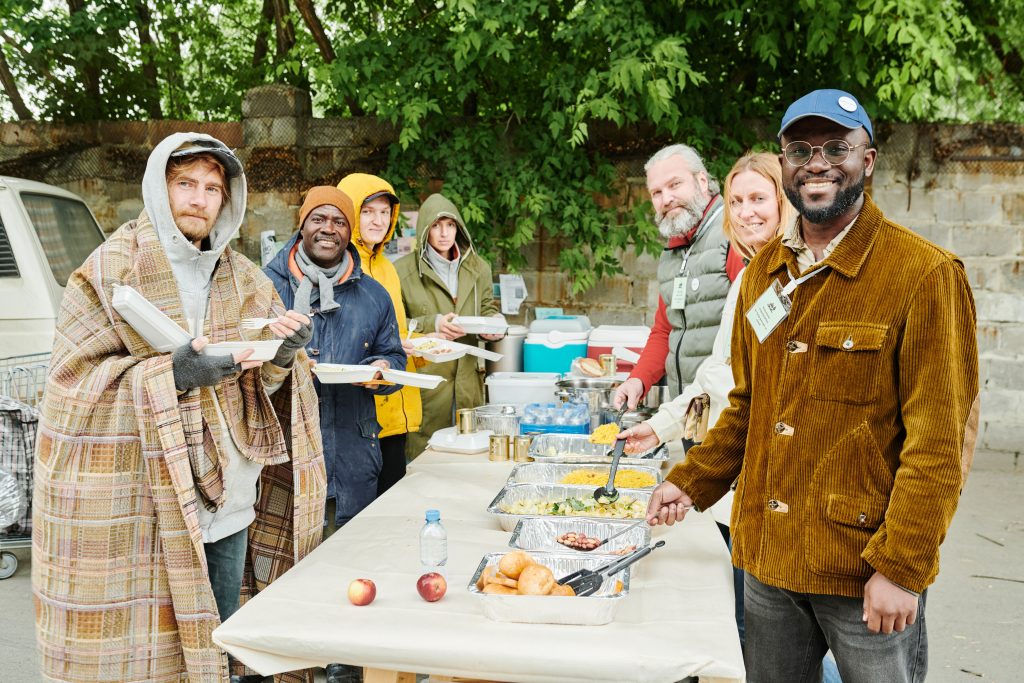

Rev. Jason Forbes
Having an effective ministry is often about being a good neighbour. A neighbour in this context doesn’t refer to the people living next door, although it could include them. A neighbour is anyone we come across during our day.
Jesus was once asked “Who is my neighbour?” (Luke 10:29). In response, Jesus told a parable we commonly now know as The Parable of the Good Samaritan (vv. 30–35). The parable focuses on a Samaritan helping a mugging victim on his way to Jericho. From this parable, five markers of being a good neighbour can be observed:
Being a good neighbour means being vulnerable
Muggings were common on the road to Jericho, so it was wise not to stop. For all the Samaritan knew, the thieves were lying in wait for their next victim. But the Samaritan regarded the man’s welfare as having greater importance than his own safety.
Being a good neighbour means being sacrificial
The Samaritan went to the man and bandaged his wounds treating them with oil and wine. I don’t expect this Samaritan was carrying a first-aid kit. So, it needs to be asked, where did the bandages come from? More than likely Jesus’ listeners presumed that the bandages would have come from the Samaritan’s own clothing. The Samaritan forwent his covering to cover the wounds of a stranger. And I’m sure he’d rather had drunk the wine rather than treat the man’s wounds. But mercy means using our resources, as limited as they may be, for the benefit of others.
Being a good neighbour means doing extra
The text doesn’t say exactly what animal that the Samaritan had, but it was obviously an animal that can carry loads. The Samaritan puts the man on his animal which probably means he’s walking! He takes on an extra burden so he can get this man to safety.
Being a good neighbour means being generous
The mugging victim needed care, and the Samaritan didn’t simply leave the responsibility to someone else. The Samaritan puts his money where his mouth is and provides incentive for the innkeeper, who were not renowned for their hospitality, to care for him. The amount of money would have been sufficient for anything from a week to a month’s worth of accommodation. This is a substantial amount of money. Then in addition to that, the Samaritan tells the innkeeper that he’s good for any other expenses. This is radical generosity.
Being a good neighbour means following up people
The Samaritan doesn’t think that his job is done just because the man is at the safety of the inn. He plans to come back, presumably to check up on the man. There is ongoing connection that he will intentionally pursue. This has the added bonus of keeping the innkeeper accountable and the man less vulnerable. Remember, this man has been found half dead on the side of the road. He is still in trauma. He is nowhere near up to defending for himself yet. Our care needs to be ongoing.
As we strive to be a good neighbour to the people we come across, we need to be asking are we prepared to set aside what we think is important in order to extend God’s love to others? Love that is vulnerable, sacrificial, burdensome, costly and ongoing? This is the kind of neighbour that God has been to us, and it is our privilege to reflect God’s neighbourliness towards others.
